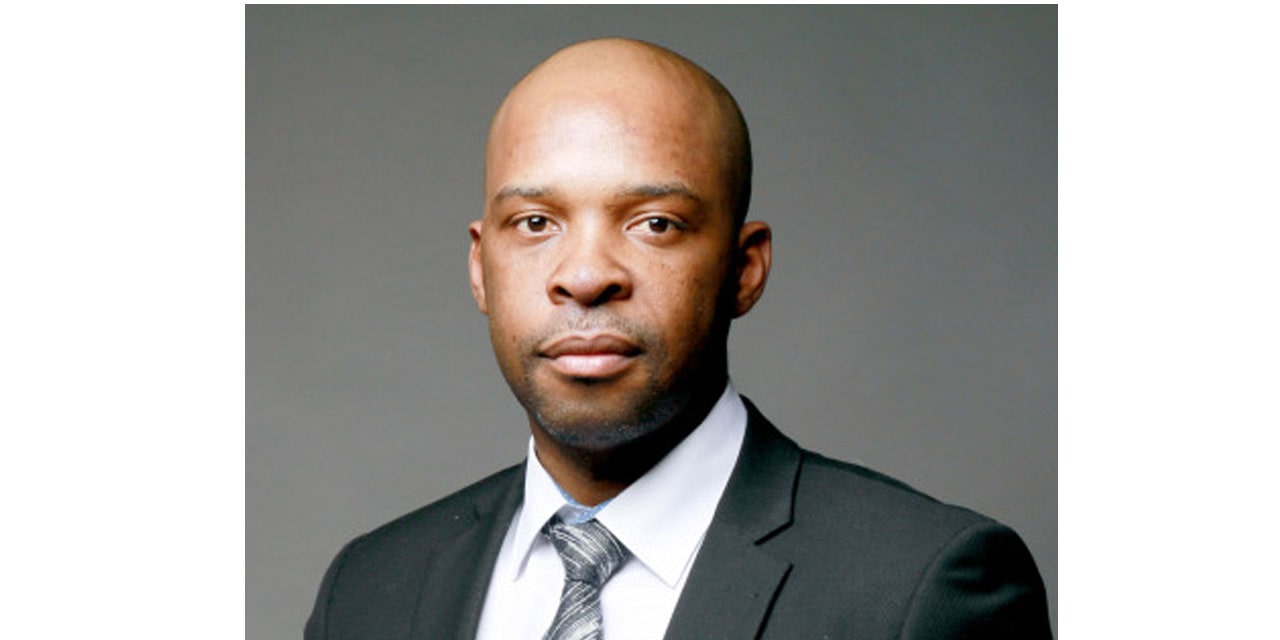Allexer Namundjembo
The Environmental Investment Fund (EIF) of Namibia has addressed concerns over its procurement process for the Namibia Green Hydrogen Program (NGH2P), emphasising that all decisions were fully compliant with the country’s Public Procurement Act.
The concerns focus on the appointment of consultants for a Strategic Environmental and Social Assessment (SESA) and a communication strategy for the green hydrogen sector.
The EIF made it clear that the SESA, which was needed to study the social and economic effects of green hydrogen projects in southern Namibia, was behind schedule because of failed rounds of procurement.
Benedict Lidanda, EIF chief executive officer, said two Requests for Proposals (RFPs) were launched, but both resulted in the disqualification of all bidders for failing to meet key administrative requirements.
He said that with the project timeline at risk, the EIF sought approval from the Ministry of Finance and Public Enterprises to shorten the procurement process, eliminating the Expression of Interest (EOI) step.
This request was granted in May 2024.
“The SESA is vital to guide sustainable development in the Southern Corridor Development Initiative, which includes green hydrogen projects, renewable energy, and mining. Without it, Namibia could face serious delays, which might result in the forfeiture of allocated funds,” Libanda said.
Libanda also said that due to the urgency, the EIF opted for direct procurement, a method permitted under Section 33(1) of the Public Procurement Act in emergency cases.
“However, it is important to note that this approval did not remove the element of competition for the SESA procurement. Following this approval, the EIF ran two (2) Requests for Proposals open to both national and international service providers. The first ran from 24 May 2024 until 17 June 2024, and the second from 30 July 2024 until 30 August 2024,” he said.
According to Limbanda, the bidders’ non-compliance with administrative requirements, particularly the failure to initialise the bidding documents, prevented both procurement rounds from producing successful bids.
“The EIF approached the Procurement Policy Unit (PPU) to confirm disqualification based on bidding documents not being initialled on all pages. The PPU advised affirmatively,” he said.
The chosen consultancy, based in the UK, was selected for its experience in Namibia and expertise in environmental assessments.
The firm will collaborate with a local environmental partner to ensure Namibian involvement.
Another procurement issue involved the appointment of Monasa Advisory & Associates to develop a communication strategy for the green hydrogen program, valued at N$4.9 million. Critics suggested that Monasa was handpicked, but the EIF clarified that the company had been recommended by the Green Hydrogen Council (GHC) due to its extensive involvement in the sector.
Monasa had previously worked with McKinsey, which was contracted by the German Federal Ministry of Education and Research to help develop Namibia’s Green Hydrogen Strategy.
“The communication strategy is crucial for managing public relations and stakeholder engagement, especially with the high level of public interest in green hydrogen. The urgency of the task warranted direct procurement,” Libanda explained.
He stressed that all procurement actions were in full compliance with the law.
“We have followed the Public Procurement Act’s provisions, particularly those that allow for direct procurement in urgent circumstances. Our actions were necessary to ensure the timely execution of these critical projects,” he said.
He added that despite the scrutiny surrounding the procurement decisions, the EIF remains confident that its actions were justified and necessary to maintain the pace of the green hydrogen programme.




